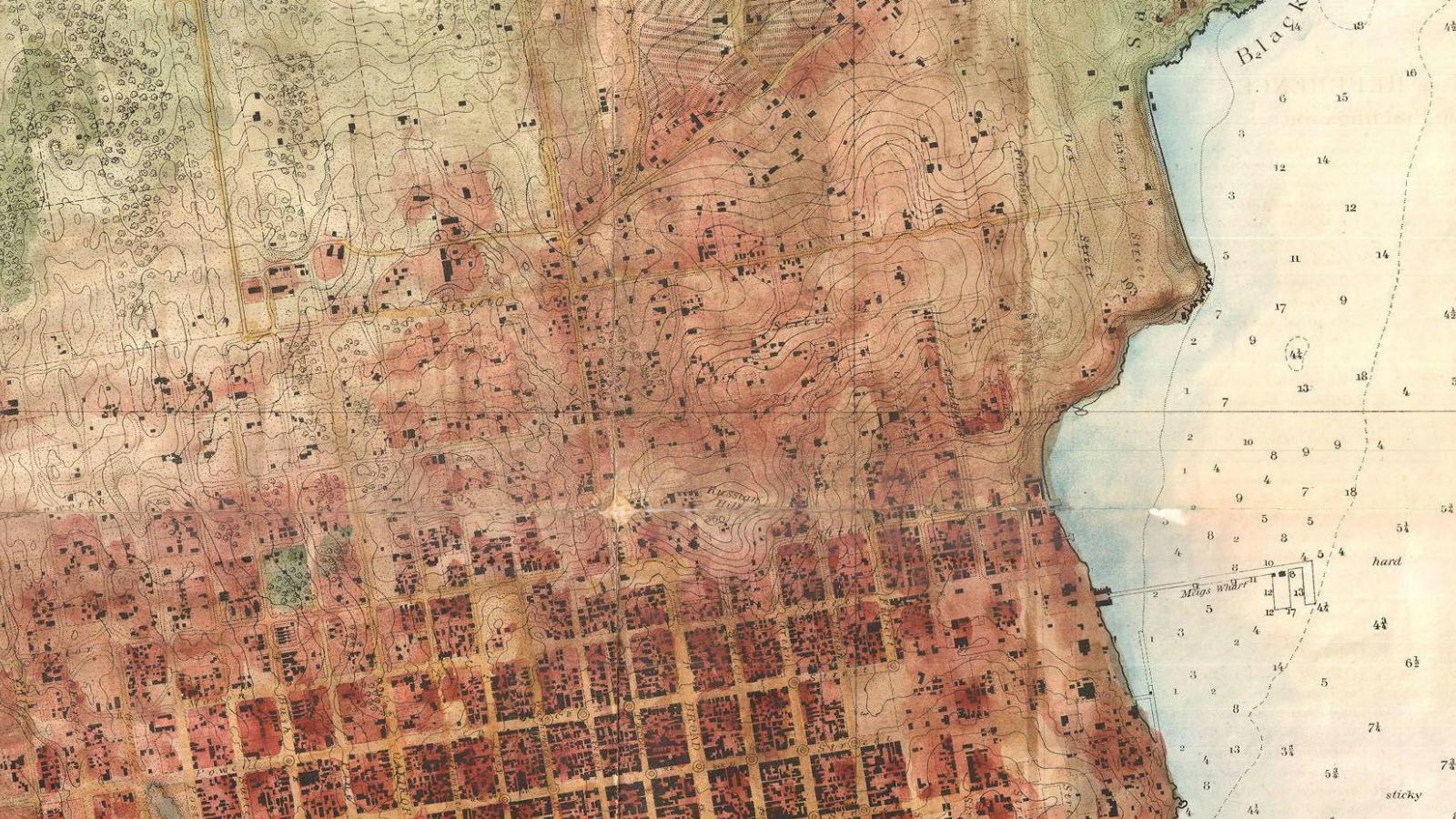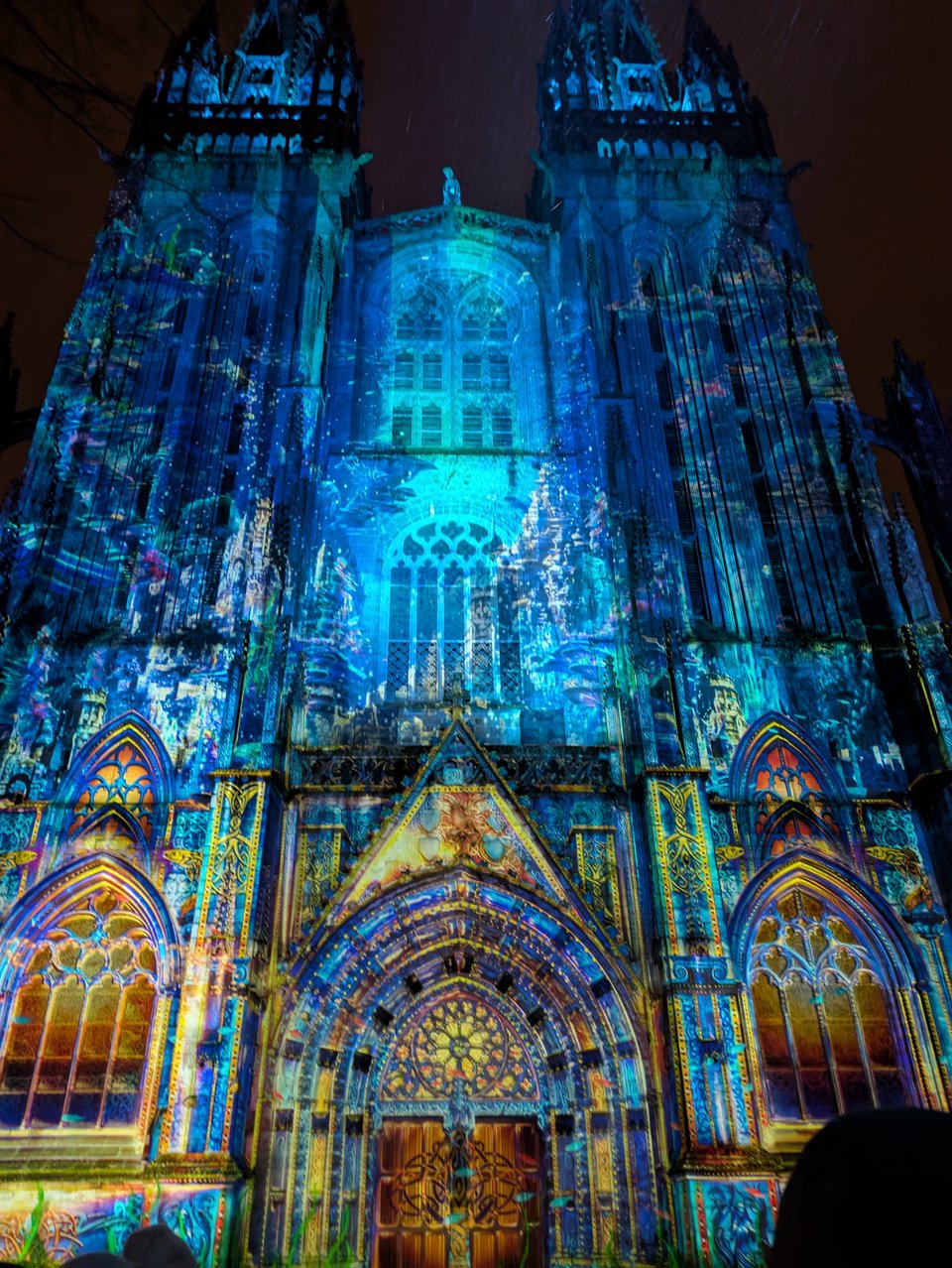How holidays happen 🎄🎁

Thanksgiving has long been my favorite holiday, in large part because it is unmistakably, undeniably, categorically American. Fourth of July can keep its fireworks and on-the-nose patriotic declarations. Thanksgiving is the essence of the United States.
Each year, it seems children are more likely to carve out turkeys with googley eyes glued onto construction paper, rather than black buckle hats or headdress feathers. But no matter how often we remind ourselves that the whitewashed story about Pilgrims and Indians is, to put it mildly, inaccurate, it persists. So why do we tell ourselves this particular fairytale to begin with? Harvest celebrations have been around in societies of all kinds across millennia, but it's only during the Civil War that President Lincoln consecrated Thanksgiving as we know it as a national holiday. Over time it became, to put it bluntly, a useful way to keep the nation together: Union and Confederate alike grew from the first seeds of European settlement in the new world. To reform a union, they had to celebrate a common history without reopening the wounds of slavery and war.
Along the way, new generations of Americans have been encouraged to add ever-more eclectic dishes to the feast: a department store parade, football games, a dog show, 5K runs, an 18-minute antiwar folk song. It's a messy hodgepodge. But there's turkey on the table in the late afternoon, and it's something we all do together — some more, some less, but more or less all in the same way.
🦃
Thanksgiving is, of course, followed by Christmas, with its own shared myths: an all-knowing bearded man, decorated conifers, exchanging gifts. But while Thanksgiving generally follows the same run of show, for Christmas each family has over time developed its own playbook, its own traditions, its own sacred meals, its own series of religious and areligious rituals. These traditions morph over time as families grow, shrink, and shift. Some are more central than others, and endure because of where our families come from and how they choose to enact Christmas.
For my family, one of the immovable traditions of Christmas echoes the Feast of the Seven Fishes: sitting around a Christmas Eve dinner table of linguine with clams, parsley and parmesean, topped by peppermint stick ice cream and a viscous chocolate goo. To me, that's the holiday distilled. Everything else is just gravy.
🎄
This year, I spent Christmas for the first time with my husband's family in Brittany. I was ensconced within a family that is first his, and now also mine, as I alternated between being a participant in and an anthropologist of their traditions over the course of the week. Six-hour meals. Shrimp in curry sauce. My brother-in-law from Normandy pouring a trou normand, which everyone had decided was now called a trou breton. Prime rib in the fireplace. Card games and puzzles and rum at 3 AM. Shoes left beneath the tree. All the while, I wondered about the path each of these traditions had taken to become part of the family canon.
The next day, we woke up once again beneath the grey drizzle of Brittany. The day after Christmas is itself a special kind of holiday, even for those of us who never had it codified as Boxing Day. Late in the morning, I went down to the public market with my mother-in-law to pick up an order at the fishmonger. We got home, went to the kitchen, and I made everyone lunch: linguine with clams, parsley and parmesean.
They don’t sell peppermint stick ice cream in France.

Other people reflect on their holidays:
🚗 “I begin parking at Walmart in November. The masses flood the lot to shop for the holidays. People drive fast in the lot… the stress of everyday survival and the fear of uncertain futures turning into hostility… they are one crisis from homelessness. A job loss or an unexpected illness and they are where I am. They are on edge, driving bigger and faster and louder cars—a society speeding along as it disintegrates.” — Patrick Fealey, Esquire
👥 “Part of this, it seems to me, is exactly what a holiday ought to be: a true celebration of life, of gratitude, even of grief among people with no mandate to give something in return. None of us were trying to fit into someone else’s family. And none of us were pretending that life wasn’t hard and awful a lot of the time.” — Rachel Louise Snyder, New York Times
🎁 “If I wanted to spend time with family on December 25 as opposed to the other 364 days of the year, I would have to buy all these unwanted gifts and cook uneaten food. That’s not a holiday, that’s a transaction.” — Eric Fidler, People in the Sun
